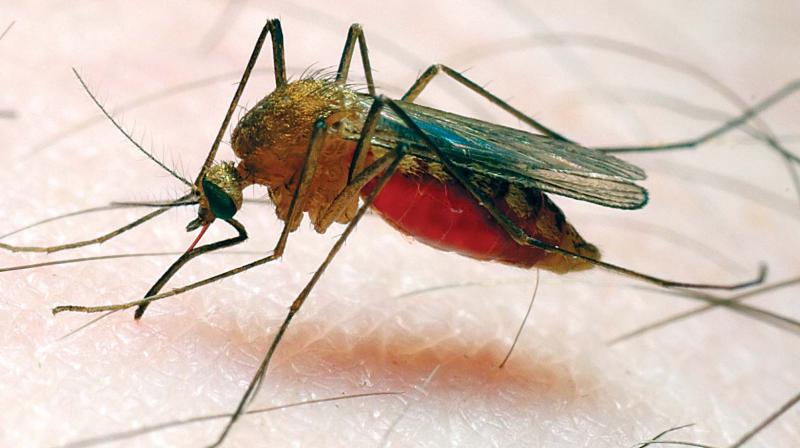Fighting malaria: Health dept stings BBMP to be on its toes

Bengaluru: The health department has issued strict orders to the BBMP to conduct malaria surveillance within their limits, but the Palike has so far maintained that the incidence of malaria is almost negligible in the city. But without proper surveillance, there is very little data to back this claim.
“Bengaluru is not malaria-endemic and the city has been categorised as low-risk. We come across only sporadic cases, and only dengue and chikungunya cases are reported within the BBMP limits,” said Dr Lokesh, Chief Health Officer, Public Health, BBMP.
But as the numbers are not available, it jeopardises the government’s plan to eliminate malaria across the state by 2025.
Dr Mohammed Shariff, Research Officer, National Vector Borne Disease Control Programme (NVBDCP), State Directorate, said, “There is a lack of surveillance mechanism within the BBMP limits. Blood smears are not being drawn and sent to labs for testing. Private hospitals are, however, sending the data to the health department."
On the city not being malaria-endemic, he said, “Endemic or not, the BBMP needs to put its surveillance mechanism in place. Otherwise, it will be difficult to ascertain the status of the disease. The Palike has assured us that from this year, surveillance measures will be conducted and standard protocols followed, just like in any other district in the state reporting malaria cases."
Tuesday was the World Malaria Day. The health department said that last year, some 60 malaria cases were reported from Bengaluru Urban, Rural and BBMP limits. “As labourers migrate to the city from North Karnataka, Bihar, Jharkhand and other areas, we insist on surveillance. This disease is spreading and whoever has high fever should be tested for malaria. One tiny drop of blood is all that one needs," Dr Shariff stressed.
The health department’s focus, however, is North Karnataka, Mangaluru and Udupi, which report a large number of cases. A whopping 71 per cent of the cases are reported from Dakshina Kannada and Udupi alone, 21% from eight districts of Bagalkot, Koppal, Kalburgi, Gadag, Haveri, Raichur, Yadgiri and UKP and the remaining 8% from other 21 districts.
Bengaluru Urban had only one positive case in 2017 and 13 cases last year. “The city has a lot of people migrating from North India and other places that are high-risk malaria-endemic areas. They carry the parasite and that is the reason all the positive cases are being reported from these populations. Public participation is crucial to combat the spreading of the disease. All public health centres are taking passive smears in their OPDs,” said Dr T.K. Sunanda, district vector-borne disease control officer and disease surveillance officer, Bengaluru Urban.
On dengue, Dr Mahesh, Consultant, General Medicine, Narayana Health City, said, “Warm and humid weather and stagnant water provides an ideal environment for the Anopheles mosquito to breed and actively spread the infection in summer. Persistent high-grade fever with shivering with profuse sweating should ring an alarm bell and the patients need to seek active medical care."

